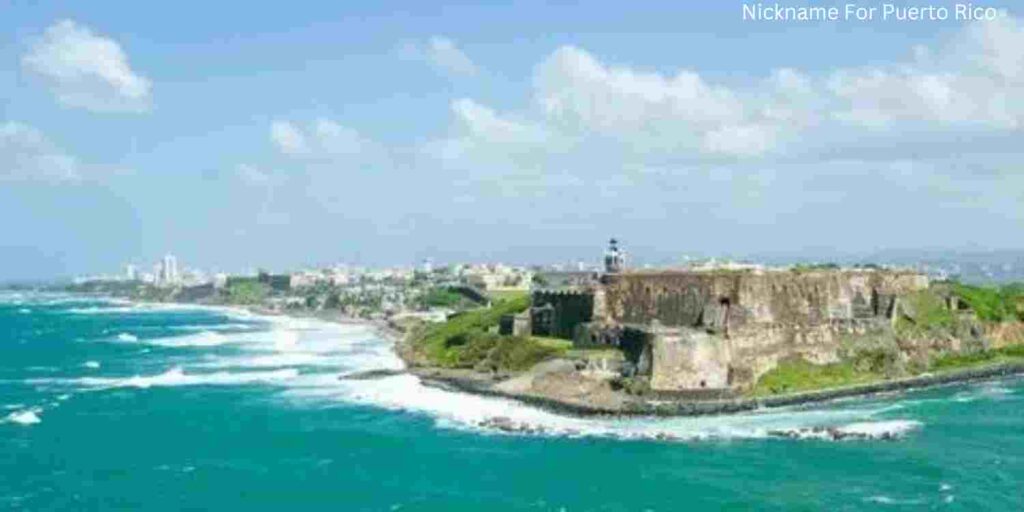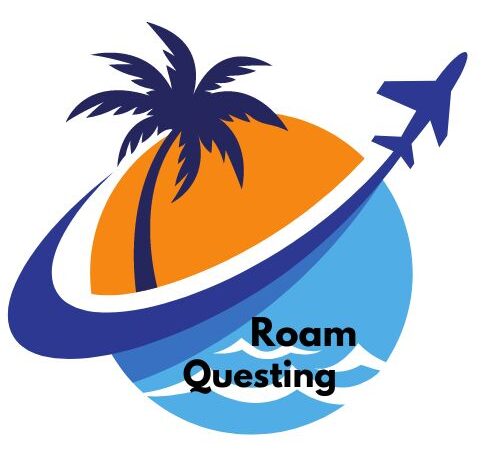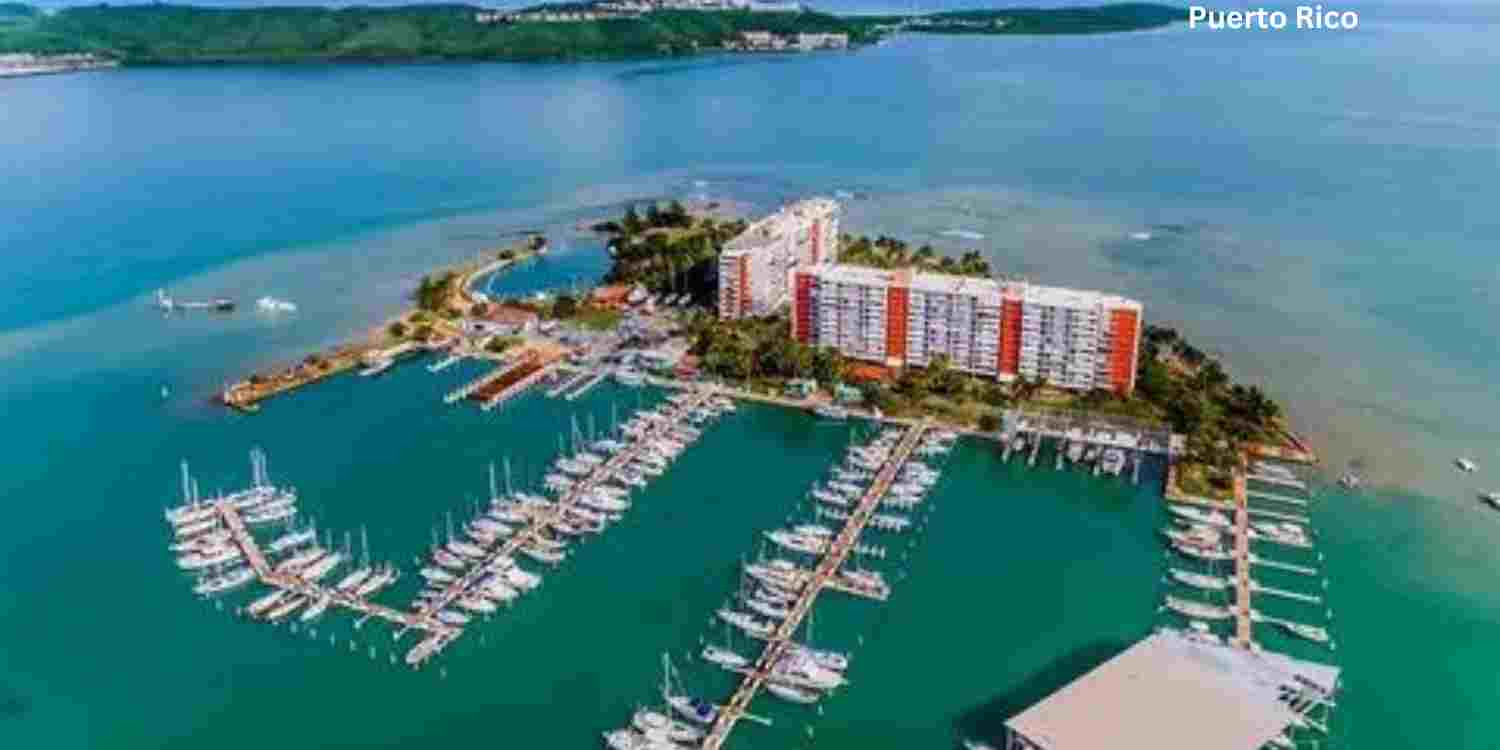Puerto Rico is a vibrant tapestry of culture, where nicknames often reflect deep connections to heritage, personality traits, and local quirks. A common Puerto Rican nickname is “Borikén,” derived from the island’s Taíno name, which imbues a sense of pride and identity among locals. Meanwhile, affectionate terms like “mi gente” or “papa” reveal the warmth inherent in Puerto Rican relationships, embodying affection and familial love that transcends generations.
Beyond endearments, Puerto Rican nicknames can also be amusingly descriptive. For example, someone might be humorously dubbed El Gordo not necessarily due to their physique but as a tribute to their jovial nature or larger-than-life personality. These creative monikers serve as unique cultural markers that foster belonging and camaraderie within communities. Understanding these nicknames allows outsiders an authentic glimpse into Puerto Rico’s rich social fabric—where names carry stories that reflect both individual uniqueness and communal bonds.
Where Does This Nickname For Puerto Rico Come From?

One of the most enduring Puerto Rican nicknames is La Isla del Encanto, which translates to The Island of Enchantment. This captivating moniker reflects the lush landscapes, vibrant culture, and warm hospitality that encapsulate the essence of Puerto Rico.
The designation likely stems from the island’s breathtaking natural beauty—think pristine beaches, verdant mountains, and rich biodiversity—as well as its unique blend of Taino, African, and Spanish influences. Visitors often find themselves enchanted not just by the scenery but also by the melody of salsa music that fills the streets and the aroma of traditional dishes like mofongo. Discover the Best Ways for Day Trips from Key West to Cuba from an Expert for an unforgettable adventure!
This nickname carries a deeper significance beyond mere aesthetics; it underscores a powerful feeling of connection and affection among Puerto Ricans for their homeland.
The allure lies in how locals weave this sense of enchantment into everyday life—celebrating festivals with fervor or gathering communal support during challenging times. As newcomers embark on their journeys to discover La Isla del Encanto, they uncover layers of history and identity that resonate long after they leave. Thus, this nickname serves as both an invitation to explore and an embodiment of pride for those who call Puerto Rico home.
The Puerto Rican Diaspora Also Call Themselves Boricua
The Puerto Rican diaspora, embracing the term Boricua, captures a rich identity woven through history, culture, and resilience. Originating from the Taíno word for the island of Puerto Rico—Borinquen—the nickname transcends mere geographical association; it embodies a sense of community and pride among Puerto Ricans everywhere. This connection is particularly profound in diasporic communities across the United States, where cultural expressions like music, food, and art flourish while simultaneously nurturing ties to their ancestral roots.
The Boricua Spanish

Boricua Spanish, a vibrant manifestation of Puerto Rico’s culture and identity, weaves together influences from the island’s indigenous Taíno roots, African heritage, and Spanish colonization. The dialect is peppered with unique phrases and expressions that reflect the lively spirit of the island’s people. For instance, local nicknames are often infused with affection and humor; someone may be called Güiro or Mona, which not only highlight personality traits but also evoke a shared cultural understanding that transcends formalities.
What Is Puerto Rico Known For?
Puerto Rico, often affectionately referred to as La Isla del Encanto (The Island of Enchantment), boasts a rich tapestry of culture and history that captivates every visitor. Beyond its stunning beaches and lush landscapes, Puerto Rico is renowned for its vibrant arts scene, where traditional folkloric music like salsa and bomba seamlessly intertwines with contemporary genres.
This musical heritage echoes through towns during festivals like the San Sebastián Street Festival in San Juan, which erupts into colorful parades and passionate dancing that embody the island’s love for celebration.
Puerto Rico’s culinary landscape tells a story of fusion and flavors; dishes such as mofongo—a savory mash of plantains—reflect a unique blend of indigenous Taíno roots with African and Spanish influences. The islands are also known for producing world-class coffee that rivals Brazil’s best brews.
But it’s not just about taste; Puerto Ricans often refer to their homeland with pride using playful nicknames like Borinquen, a nod to their Taíno ancestry. This deep-rooted sense of identity enhances visitors’ experiences, allowing them to engage with locals who share tales steeped in an enduring spirit of resilience—a narrative particularly compelling since Hurricane Maria—and warmth that feels distinctly Puerto Rican.
Wrap-Up Nickname For Puerto Rico
One of the most charming aspects of Puerto Rican culture is the playful and affectionate nicknames that encapsulate the island’s vibrant spirit. Often referred to as La Isla del Encanto, or The Island of Enchantment, this nickname beautifully reflects Puerto Rico’s breathtaking landscapes, rich traditions, and warm-hearted people.
It goes beyond just a label; it invites locals and visitors alike to experience the joyous rhythm of salsa music, indulge in mouthwatering mofongo, and bask in sun-drenched beaches. Visit our travelling blog, Check out our list of the 5 Best Resorts in Punta Cana for Singles to find the perfect getaway.
Another intriguing nickname is “Borinquen,” derived from the Taíno name for the island. This term not only pays homage to Puerto Rico’s indigenous roots but also emphasizes a deep sense of pride among residents.
Embracing such monikers fosters community identity, as they evoke shared histories and cultural celebrations—like La Fiesta de San Sebastián—where folkloric elements come alive. Whether you call it La Isla del Encanto or Borinquen, these nicknames serve as gateways inviting everyone to partake in its irresistible charm and diverse heritage.
Final thought:
Puerto Rican nicknames not only reflect the culture’s rich heritage and vibrant personality but also serve as a testament to the warmth and closeness of its communities. From affectionate terms that showcase familial bonds to playful monikers that highlight individual traits, these nicknames enrich everyday interactions and celebrate the unique identities of Puerto Ricans. Understanding these names offers deeper insight into the island’s social dynamics and cultural expressions. Whether you’re a native or simply interested in Puerto Rican culture, embracing these endearing terms can foster connections and appreciation for this lively community. So next time you meet someone from Puerto Rico, take a moment to learn their nickname—it might just open the door to a more meaningful conversation!
FAQs:
What’s up Puerto Rican slang?
Puerto Rican slang refers to the colloquial language and expressions unique to Puerto Rico, often influenced by Spanish, English, and African languages.
How do I learn Puerto Rican slang?
You can learn Puerto Rican slang through conversations with locals, watching Puerto Rican movies or shows, and using online resources or dictionaries focused on Caribbean Spanish.
Is Puerto Rican slang similar to other types of Spanish?
Yes, while it shares roots with other Spanish dialects, Puerto Rican slang has distinct terms and phrases that reflect cultural nuances specific to the island.
Can you give me an example of a common Puerto Rican slang word?
One popular term is chévere, which means cool or great. It’s frequently used in casual conversation.

